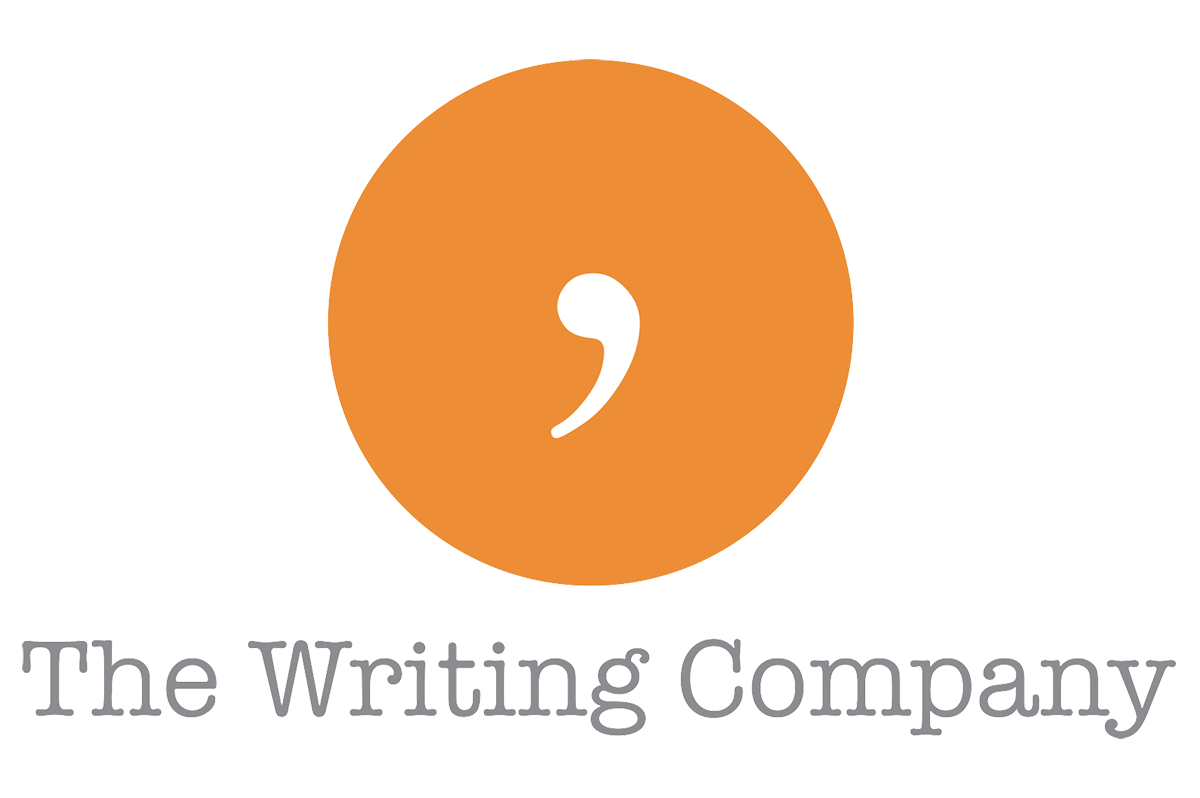TWC tells all: Our worst writing habits—and how we fix them
Every writer has little weaknesses—words, phrases, sentence structures or even punctuation that we rely on a little too often. (See that dash in the previous sentence? That’s one of them.) On their own, these tools aren’t that bad. But like many habits, they can become problematic when we use them unthinkingly or too often.
The good news: Once you know your weaknesses, you can come up with better alternatives. We asked the team at TWC what their go-to words, phrases and punctuation marks are and how they get around them. Here’s a glimpse at what they said:
I used a lot of semicolons when I was writing adventure stories. I cut back after two or three people told me that the habit was annoying; that I used them to severe excess; and that 43 semicolons in one chapter was about 25 or 30 or perhaps 35 too many.
“As a result” is an easy way to link together certain types of sentences. But while transitions can make the reader's job easier, they aren't always necessary. Consider leaving the phrase out next time. Just like I did in that last sentence.
I adopted the em dash (—) to replace a nasty semicolon habit. The dash can almost always be replaced with a period in these situations. You end up with two shorter, clearer sentences rather than one long, complex one.
It’s really easy to start sentences with “this.” But “this” is a demonstrative pronoun, which means it identifies a noun. If you don’t include that noun, you leave your “this” hanging. Clear up this mess by including a noun right afterward. This problem will never happen again if you do.
I try to avoid using too many exclamation points! One can add a little spark or hint of joy to an email or paragraph! But when you employ too many, it's distracting and belittles your message!
Tell us about the word, phrase or punctuation mark you use too frequently, or let us know if you’d like our proofreaders to root it out for you. We’d love to hear from you.

